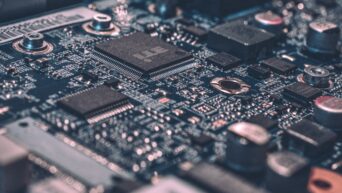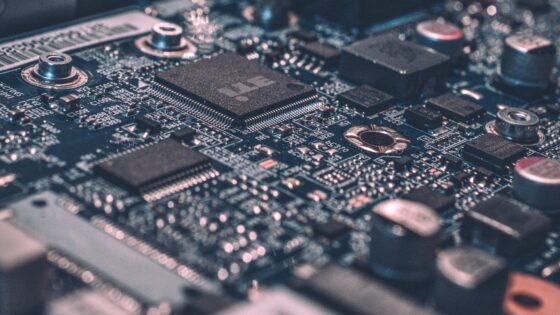Excited to start using faster internet speeds? Here’s a short list of preparations that you need to make with your devices before using Gigabit internet, according to Digital Trends.
1. Set up high-quality wired connections
Wired connections are best known for their reliability and general lack of interference, so if you’re planning to make the most out of your gigabit internet, it’s important to start thinking about upgrading your wired connections now. If you have a router that’s older than a few years, check to see if its Ethernet is capable of supporting your newer, faster connection. If your router is newer though, still check to see if the Ethernet cables are good quality. If not, they’re pretty easy and cheap to replace, so there’s no need to worry.
2. Check your devices’ wi-fi standards
It’s also important to check the wi-fi standards of your own devices. If you’re curious, the official gigabit-compatible standard is 802.11ac or later, so check to see if your devices support that. The problem comes in if your devices don’t support “ac” standards. Desktops and laptops aren’t too much of a problem as they can be upgraded with a simple USB adapter that costs around $20 to $50, but mobile devices are a lot harder to deal with, as they can’t be upgraded.
3. Set up your router’s 5GHz band
Routers generally come with two bands. The more commonly used 2.4GHz band and the less-common 5GHz band. The latter does come with its pros and cons, though. 5GHz bands have a shorter range than the 2.4GHz bands, but this also means they have less “noise” and a clearer signal, which is helpful if you want to achieve gigabit speeds. If your router isn’t dual-band, it’s highly likely that its wi-fi standards aren’t up to par either, as almost all (if not all) 802.11ac routers are dual-band.
4. Update your devices’ operating systems and firmware
In order to make sure that everything will go smoothly for all your devices, make sure to update their operating systems and firmware. Many OS updates include improvements that may also affect the internet speeds on your devices. If not that, just think about your device’s general performance. How good is a gigabit internet speed if your own device is lagging, yes?
5. Run speed tests on all of your devices
Last but definitely not least, it’s good to run speed tests on all of your devices, so that you can have something to compare once you get your gigabit internet up and running. Happy surfing with your faster internet!































